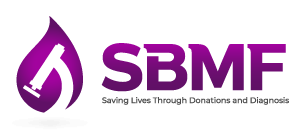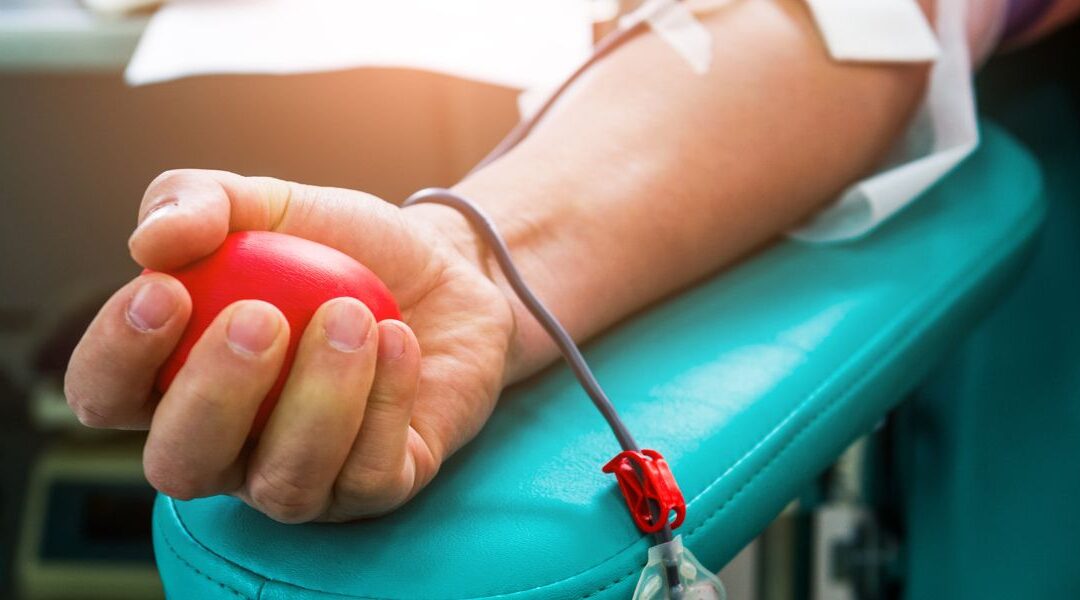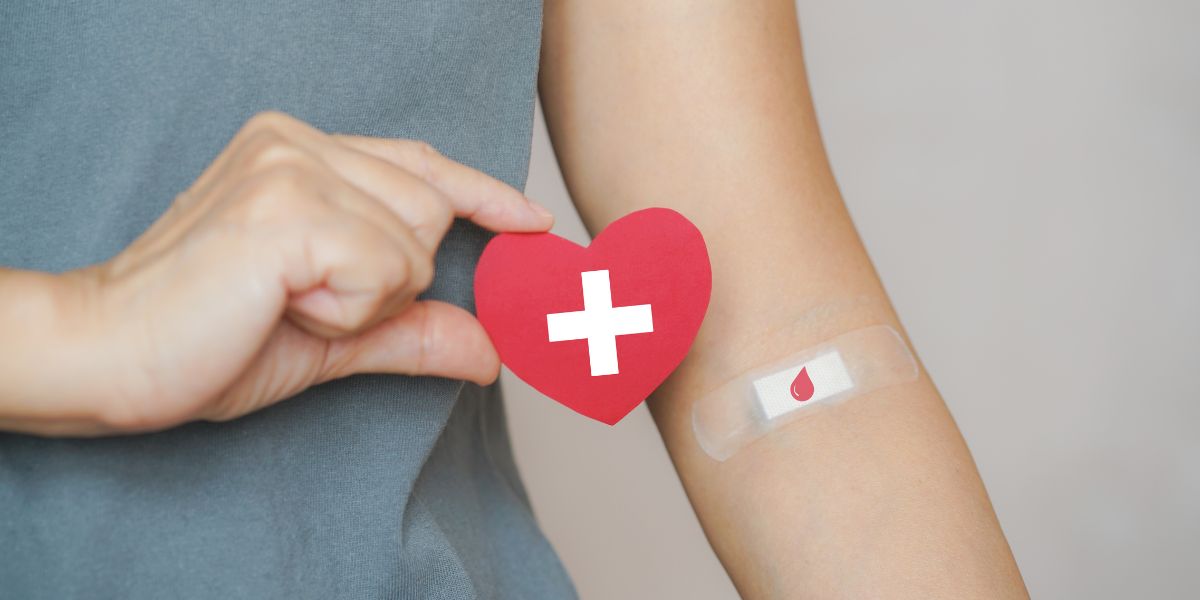Donating blood is essential to health professionals and their patients. Considering someone in the United States needs a blood transfusion every two seconds, your contribution helps to save lives. If you’re preparing to or thinking about donating blood, you may be wondering what to expect. No worries! Donating blood is easier than you think.
Which Blood Type are You? Click Here
Preparing to Donate Blood: What to Do…
Discover the best courses of action to take place before, during, and after donating blood.
The Day Before

Hydrate
Taking the right steps the day before donating blood can help streamline the process and aid with recovery afterward. One crucial component is drinking the right fluids, meaning avoiding alcohol and drinking plenty of water. In general, drinking enough water each day is a good wellness tip, but especially when you’re preparing to donate blood. Adequate hydration improves blood flow, making veins easier to find. Before your donation, be sure to drink an extra 16 ounces of water.
Make Meals Count with Iron-Rich Foods
What you eat the night before is just as important as what you drink. So, what should be on your menu? Iron-rich foods. Iron helps your body create new red blood cells to replace the cells you donate. If your iron levels are too low, donating blood may cause temporary anemia, making you feel sluggish, dizzy, and faintish. A few iron-rich options that work to avoid this are red meat, fish, poultry, spinach, beans, peas, and raisins.
Rest Tonight to Relax Tomorrow
After donating blood, it’s natural to feel a bit groggy; however, already being tired beforehand only exacerbates the problem. Therefore, it’s recommended that you get a full night’s sleep the night before donating. Aim for seven to nine hours of rest to reduce the risk of feeling unwell after your donation.
The Day Of

Dress for the Occasion
The healthcare professional taking your blood will need to be able to access the veins in your arm. To make the process easier (and to save your favorite shirt’s sleeve from being overstretched), wear either a short sleeve shirt or one with sleeves that can be comfortably rolled above the elbow. As for the rest of your attire, wear whatever is comfortable for you!
Bring What You’ll Need
There are just a few things you’ll need on hand when you arrive at the donation site. The first is time. While donating blood is fairly straightforward, it still is a medical process and shouldn’t be rushed. For instance, donors must be monitored for roughly 15 minutes after donation before returning to their daily routine. Pencil in about an hour of your day for the donation to allow yourself enough time.
You’ll also need a couple of important documents. First, a list of any medications you take will be a helpful reference when you’re asked if you’re taking any medications. Second, you’ll need an official form of identification. Valid forms of ID include:
- Driver’s license
- Employee/student ID with photo
- Passport
- Military ID
- Immigration and Naturalization Service card (green card)
You can present any of these on the day of donation to be able to give blood. If these options are unavailable, you may present 2 forms of secondary ID instead. A few common secondary forms of ID include credit cards, library cards, social security cards, pay stubs, and birth certificates.
Relax!
Remember, donating blood isn’t a scary process. When you arrive, you’ll be privately asked a few questions about your health history and then given a basic physical examination. This ensures both your safety and that of the protentional recipient of your donation. After that, you can relax as a health professional takes your blood, which usually takes about 10 minutes.
After Donating

Take it Slow
After giving blood, it’s not uncommon to feel a little tired. Give your body time to recover by not participating in strenuous activity for at least 12 hours. Make sure you’re drinking plenty of fluids and have a sugary snack to avoid low blood sugar.
Easy Steps that Make a Big Difference
By choosing to donate, you can make a huge impact on the life of someone who needs a blood transfusion. After your initial donation, you can schedule another appointment in six weeks. Are you ready to make a difference? Schedule your next appointment with the South Bend Medical Foundation to set up your blood donation.





